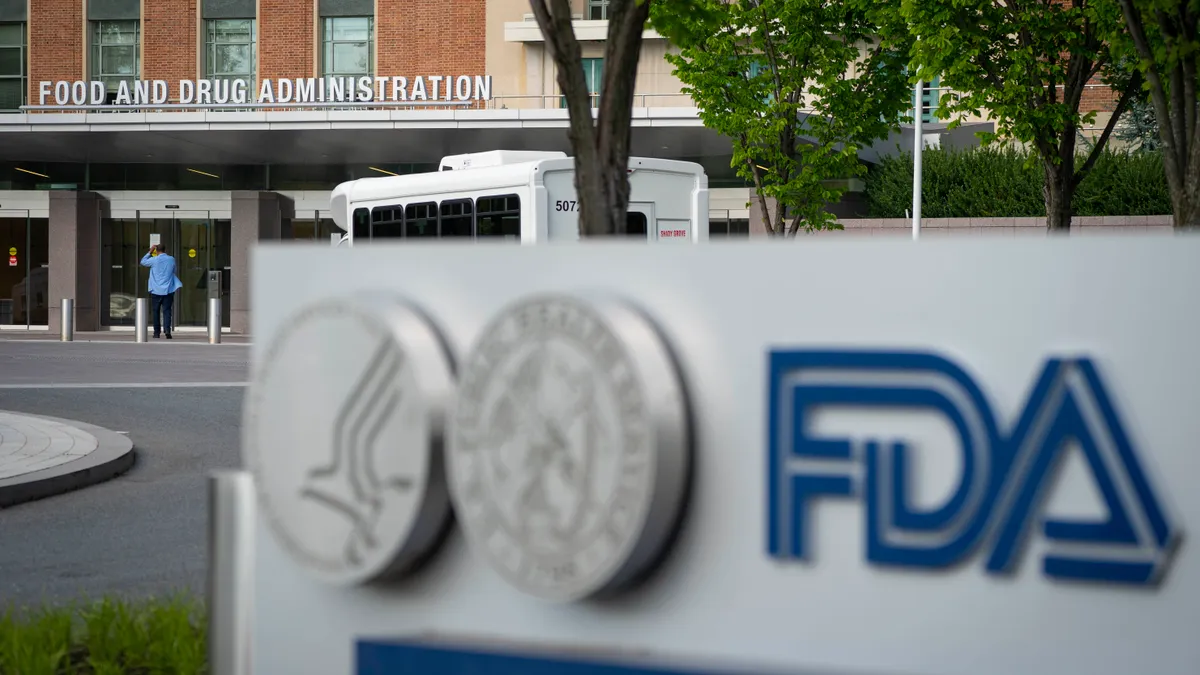Dive Brief:
- Vivos Therapeutics has received 510(k) clearance of a daytime-nighttime appliance, known as a DNA appliance, for the treatment of obstructive sleep apnea after a second attempt to win approval.
- The U.S. Food and Drug Administration had earlier rejected an application for the product in 2021 but has now reversed its ruling.
- Vivos secured the 510(k) clearance after presenting data linking it to the resolution of OSA in 28% of studied patients.
Dive Insight:
The DNA device is part of a set of products intended for use in a procedure to expand the palate and train the tongue to rest in the “proper position.” By doing so, Vivos thinks it can convert patients to nasal, as opposed to oral, breathing by addressing the root cause of OSA, and thus provide an alternative to continuous positive airway pressure machines.
Patient treatment for palatal expansion using the FDA-registered DNA appliance began in 2009, but Vivos’ initial attempt to secure 510(k) clearance as a Class II OSA device was met with rejection in 2021.
Vivos previously received 510(k) clearance for its mandibular repositioning nighttime appliance, which came to market citing SomnoMed's oral sleep apnea device as a predicate. The DNA device is identical to the already-marketed mandibular appliances except the top and bottom trays do not interlock to advance the jaw. The addition of the DNA device to the portfolio expands the options available to patients and, in Vivos’ view, offers validation of its core technology.
“For the first time, the FDA has formally recognized the benefits of our proprietary core technology in our DNA appliance (without mandibular advancement) as an effective treatment for mild-to-moderate OSA in adults,” Vivos CEO Kirk Huntsman said in a statement.
Shares in Vivos increased by more than 150% on the day of the news. Factoring in gains made in the run up to the 510(k) clearance, the stock has risen by 320% over the past five days. Even so, Vivos’ stock still trades below $2 and its market capitalization is $43.3 million.
Vivos previously downplayed the impact of the initial rejection, telling investors last year that it did “not believe a failure to receive FDA Class II clearance would materially impact [its] results or financial condition.” The belief reflected the fact that “dentists regularly prescribe the DNA appliance to treat conditions closely associated with OSA” and are free to use the device off-label.










